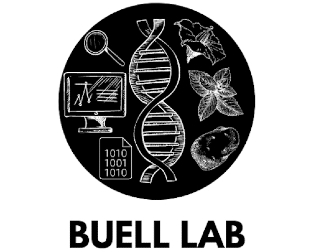Genome Wide Evaluation Of Off-Targets From Gene Editing Reagents In Seed vs. Vegetatively Propagated Crop Species

Due to ease of use, CRISPR-Cas9 has advanced remarkably in the past few years and has become a ubiquitous genome-editing method being applied to an increasing number of species. While several successful cases of crop improvement using various genome editing platforms including CRISPR systems and TALENs have been reported, concerns of genome wide off-targets have not been thoroughly addressed. Tremendous progress has been made in increasing the specificity and thus reducing off-targeting by engineering Cas9 variants such as the hyper-accurate Cas9 variant, an alternative CRISPR-Cpf1 system analogous to CRISPR-Cas9, and a new base editing approach, which doesn’t require DNA cleavage to incorporate specific mutations. Regulatory agencies need to evaluate the precision of these new and emerging geneediting reagents. We will use the current and emerging genome-editing reagents for targeted mutagenesis of commercially important candidate genes in two different crop species, potato and camelina, which have contrasting genomic architecture and modes of reproduction. We will compare the genome wide off-target effects caused by these reagents using whole genome sequencing and determine the type and frequency of on- and off-target variation attributable by genome-editing reagents. This study would provide a comprehensive risk assessment of genome edited crops with current technologies.
Project Participants
- C. Robin Buell, PhD, Michigan State University
- Dave Douches, Michigan State University
- Satya Swathi Nadakuduti, University of Florida
Contact
Robin.Buell@uga.eduFunding
- Funded through a grant (2018-33522-28736) from the USDA NIFA Biotechnology Risk Assessment program.
- NIFA
